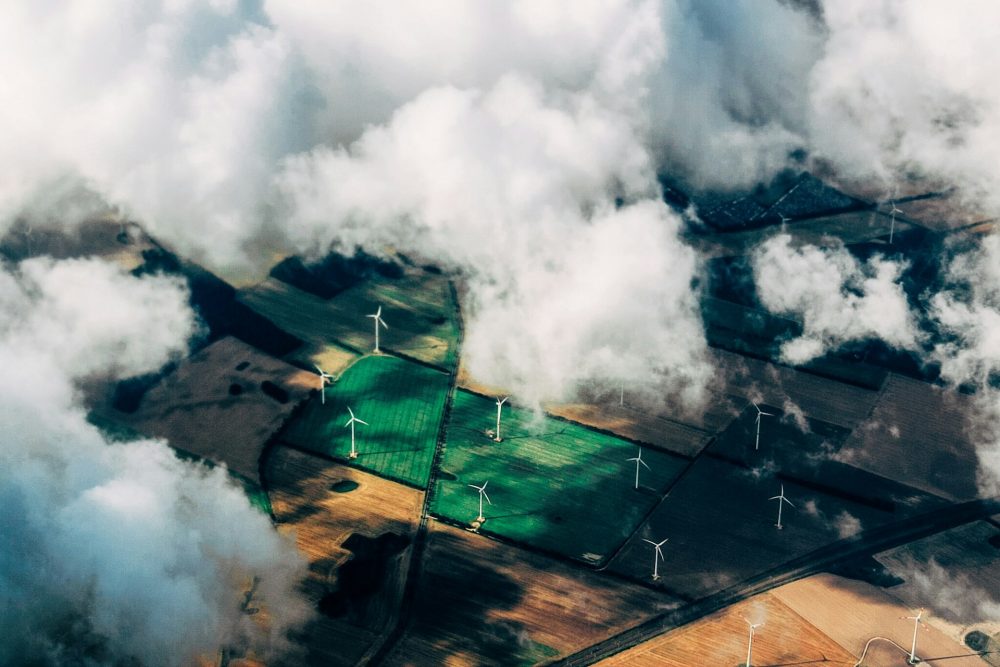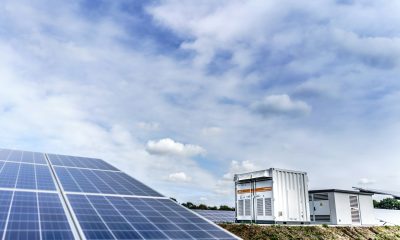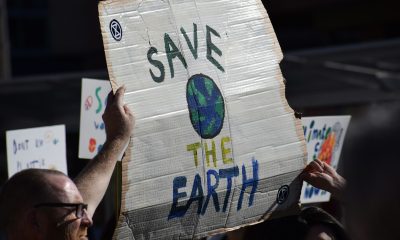Impact Investing
Balancing the Green Surge: Renewables, Energy Security, and the 2030 Challenge
In 2024, renewables made up over 90% of new global power, following a 50% capacity surge in 2023. Despite progress, annual growth must hit 16.6% to triple capacity by 2030. A new ISPI-Deloitte study stresses the urgent need to balance climate goals, energy security, and geopolitical risks through innovation, collaboration, and strategic policy reform.

2024 was a record year for renewables, which accounted for over 90% of new global power capacity. This growth came after global renewable power capacity had already increased by over 50% in 2023 compared to 2022.
The surge was fueled above all by the rapid expansion of key clean energy technologies in the most industrialized countries: according to estimates from the European Union’s POLES (Prospective Outlook on Long-term Energy Systems) model, by 2050 and in the 1.5°C scenario, at least 80% of G20 countries’ electricity production will come from non-fossil sources.
However, much progress remains to be made to align with the global goal of tripling installed renewables capacity by 2030
According to IRENA – the International Renewable Energy Agency – to reach this target, renewables sources capacity will need to grow by 16.6% per year until 2030.
An ambitious challenge that all countries are called to face and which is at the centre of a new study by ISPI and Deloitte on how to reconcile sustainability objectives and energy security needs, made even more unavoidable by geopolitical and commercial tensions.
Data collected in the study Reconciling Sustainability Transition Priorities with Energy Security ones: a focus on Industrialized Countries highlights that the transition to a green economy is essential to mitigate the effects of climate change. Energy-related CO₂ emissions have reached a record high of 37.7 gigatonnes (Gt).
The electricity sector is responsible for 36% of emissions, followed by industry (26.5%), transport (21.2%) and buildings (7.9%). Failure to reduce emissions has profound consequences for ecosystems around the world, with impacts on human health, biodiversity and water security. Estimates indicate that by 2050, climate change could cause approximately 14.5 million deaths, economic losses of 12.5 trillion dollars and up to 1.1 trillion in extra healthcare costs.
Faced with this urgency, however, countries must deal with geopolitical tensions that have undermined the stability of global energy markets. The COVID-19 pandemic, Russia’s invasion of Ukraine and conflicts in the Middle East have led to a redefinition of supply chains and a rise in commodity prices, particularly in Europe. In August 2022, a few months after the start of the war in Ukraine, gas prices in the EU reached on average more than 3 times those of Japan and almost 8 times those of the United States, resulting in a reduction in competitiveness on global markets for European companies.
Another destabilizing factor towards the energy transition is the high geographic concentration of critical minerals, essential for the production of clean technologies. Some examples from the study: the Democratic Republic of Congo supplies 70% of cobalt, China 60% of rare earths and Indonesia 40% of nickel, Australia accounts for 55% of lithium extraction and Chile 25%. The processing of these minerals is also highly concentrated: China is responsible for refining 90% of rare earths and 60-70% of lithium and cobalt.
“Balancing the drive towards decarbonisation with the need to ensure stable energy supplies, sustainable prices and resilient industrial supply chains”, commented Andrea Poggi , Head of DCM Public Policy & Stakeholder Relations Centre and DCM Innovation Leader, “is one of the main strategic challenges for advanced economies today, called upon to lead a sustainable transition also from an economic and geopolitical perspective. To address it, it is essential to promote a synergic and collaborative approach between institutions and businesses involved in the renewables sector, valorising innovation and emerging technologies as a lever for growth.”
“The energy transition does not necessarily have a negative impact on energy security, and vice versa,” pointed out Antonio Villafranca , ISPI Vice President for Research, “it is in the interest of industrialized countries to lead the green transition and ensure more strategic and sustainable growth. However, new policies on renewables and financial resources are needed to address the short-term impact on businesses and families.”
__
(Featured image by Thomas Richter via Unsplash)
DISCLAIMER: This article was written by a third party contributor and does not reflect the opinion of Born2Invest, its management, staff or its associates. Please review our disclaimer for more information.
This article may include forward-looking statements. These forward-looking statements generally are identified by the words “believe,” “project,” “estimate,” “become,” “plan,” “will,” and similar expressions. These forward-looking statements involve known and unknown risks as well as uncertainties, including those discussed in the following cautionary statements and elsewhere in this article and on this site. Although the Company may believe that its expectations are based on reasonable assumptions, the actual results that the Company may achieve may differ materially from any forward-looking statements, which reflect the opinions of the management of the Company only as of the date hereof. Additionally, please make sure to read these important disclosures.
First published in ESG NEWS. A third-party contributor translated and adapted the article from the original. In case of discrepancy, the original will prevail.
Although we made reasonable efforts to provide accurate translations, some parts may be incorrect. Born2Invest assumes no responsibility for errors, omissions or ambiguities in the translations provided on this website. Any person or entity relying on translated content does so at their own risk. Born2Invest is not responsible for losses caused by such reliance on the accuracy or reliability of translated information. If you wish to report an error or inaccuracy in the translation, we encourage you to contact us

-

 Biotech2 weeks ago
Biotech2 weeks agoWhy Bioceres Shares Slide Into Penny Stock Territory
-

 Crowdfunding19 hours ago
Crowdfunding19 hours agoReal Estate Crowdfunding in Mexico: High Returns, Heavy Regulation, and Tax Inequality
-

 Africa1 week ago
Africa1 week agoAgadir Allocates Budget Surplus to Urban Development and Municipal Projects
-

 Cannabis2 weeks ago
Cannabis2 weeks agoKONOPEX Expo 2026: Celebrating Europe’s New Era of Legal Cannabis
























